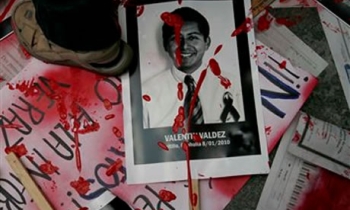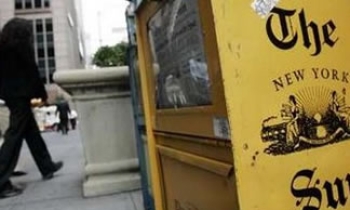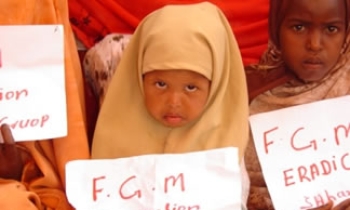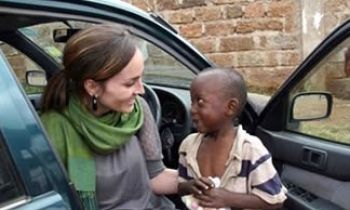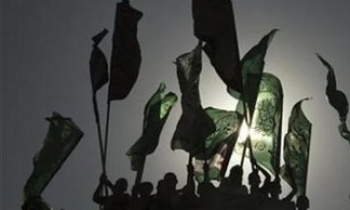Indian Muzamil Jaleel was among three reporters who were awarded the Kurt Schork Awards in International Journalism in New York on Wednesday. The other two awardees, Canada’s Patrick Graham and Poland’s Pawel Smolenski, were selected for their reporting from Iraq.

Underwritten by the Kurt Schork Memorial Fund and Reuters, and administered by the Columbia University Graduate School of Journalism, the prizes were created to honour Kurt Schork, an American freelance journalist who was killed in a military ambush while on assignment for Reuters on May 24, 2000, in Sierra Leone. The awards recognise reporting that sheds new light on controversial issues, including political conflicts, human rights concerns or cross-border issues in a particular country or region.
Writing with courage, originality and power, Muzamil Jaleel reports for the Indian Express from Kashmir, one of the world's most bloody and enduring ethnic conflicts. "A native Kashmiri, Jaleel displays an instinctive feel for his subject but remains a detached and informed observer. His account of a single village, untouched by war, where the cemetery is filled with people who died normal deaths, is particularly striking. So, too, is his gripping psychological portrait of young fedayeen guerrillas who unexpectedly take him captive," the jury said. Jaleel was selected as a winner for local journalism.

At great personal risk, Patrick Graham, a Canadian freelancer based in Iraq from November 2002 through August, 2004, repeatedly visited rebellious areas to meet and interview insurgents. His findings, published in Harper's Magazine, depict a nuanced web of people and groups resisting the American presence in Iraq. The jury remarked, "They turn out to be far more complex in their personal and tribal relationships and motives than the shorthand descriptions given them by Western government officials and journalists deadenders, criminals, Baathists, foreign zealots. And many do not seem to be in their last throes." Graham was awarded for a freelance reporter practicing international journalism.
Pawel Smolenski, a reporter with Poland's Gazeta Wyborcza, "ushers us into the back alleys and shadowy mosques of Iraq, illuminating a world of religious intrigue, grinding poverty, fear and anger at 'Mister Americas' who have ta ken control of the country. His is the view from the ground, and he presents it with an hypnotic subtlety that captures the labyrinth that is Iraq. For the originality of his work in portraying the most powerful man in the country, Ayatollah Sistani, and his commitment to understanding those without a voice," the judges gave a special recognition to Smolenski.

It was the work of freelancers and local journalists that Kurt Schork valued above all. As a result, Schork’s family in establishing the Kurt Schork Memorial Fund (KSMF) decided the best way to honour his legacy was to acknowledge those journalists with whom he had a particular bond. The Kurt Schork Awards were created to honour fearless freelance news reporting, and those journalists who cannot leave their country when the story becomes secondary to survival. Two annual prizes of $5,000 each are awarded, one to a freelance journalist covering foreign news, and the second to a local journalist in the developing world or countries in transition.
The goal of the KSMF is not just to honour these journalists, but also to assist them with a monetary award that provides some financial means to help them continue reporting. Though local journalists from the developing world take extraordinary risks to expose corruption and injustice in their homeland, they rarely earn enough money to support themselves and their families. Freelancers live from job to job, never knowing when the next assignment will come, where it may lead, or how long it will last.
This year's panel of six judges included Lionel Barber, Financial Times; Julian Borger, The Guardian; Roger Cohen, The New York Times; Josh Friedman, director of international programmes at the Journalism School; Steven Holmes, The Washington Post; and David Rieff, author and freelance journalist.

